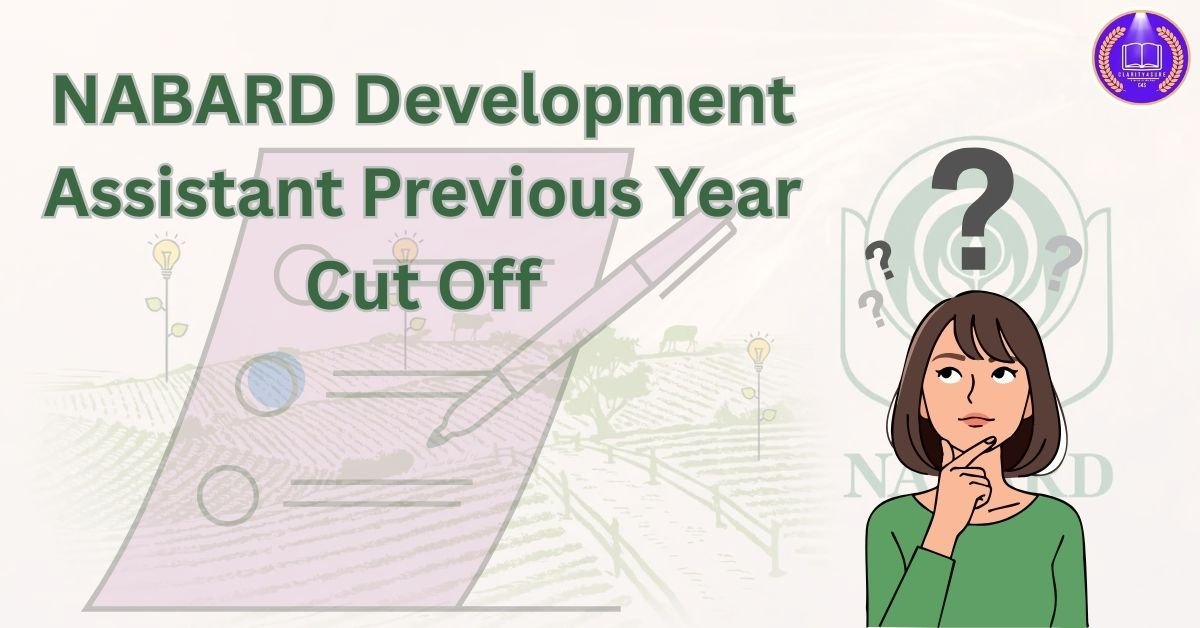Context:
India is poised to take a significant leap in space science and human spaceflight with Group Captain Shubhanshu Shukla, the country’s first astronaut aboard the International Space Station (ISS). Scheduled to launch on June 19, 2025, the mission is part of Axiom-4 (AX-4), coordinated by Axiom Space in partnership with NASA and ISRO.
Scientific Research on Board
ISRO has shortlisted seven pioneering microgravity research experiments to be conducted by Shukla during his 14-day stay aboard the ISS. These were proposed by Indian principal investigators (PIs) from national R&D labs and academic institutions:
- Impact of microgravity radiation on edible microalgae
- Aimed at understanding viability of microalgae as space food and bioresource.
- Sprouting of salad seeds in space
- Focused on assessing seed germination in microgravity to enhance space farming.
- Tardigrade survival and transcriptomics in microgravity
- Studies spaceflight effects on extremophile organisms for bio-survival insights.
- Effect of metabolic supplements on muscle regeneration
- Evaluates countermeasures against muscle atrophy in low-gravity environments.
- Human interaction with electronic displays in microgravity
- Improves user-interface design for astronauts in spacecraft and ISS modules.
- Comparative proteomics of cyanobacteria on urea vs nitrate in space
- Explores microbial adaptability to alternate nitrogen sources under space stress.
- Impact of microgravity on food crop seeds’ growth and yield
- Addresses food security for long-duration space missions.
















